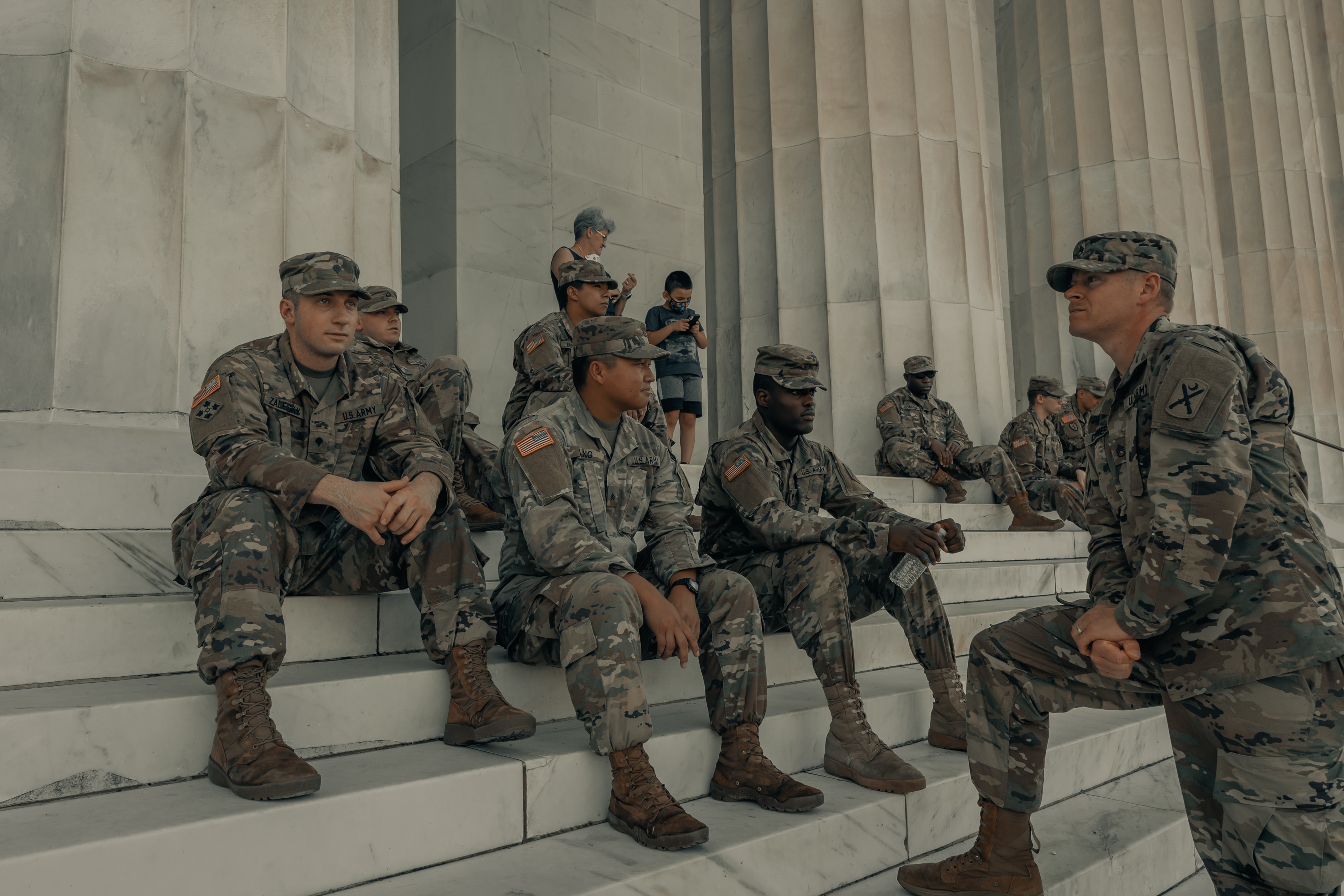

How do we balance the need for national security with concerns about individuals' right to privacy? Is the surveillance of citizens, even in the name of security, an overreach of government power?
Balancing the need for national security with concerns about individuals' right to privacy is a complex and ongoing debate in many countries. It requires careful consideration of the potential risks and benefits of surveillance measures, as well as the legal and ethical implications involved. While there is no one-size-fits-all answer, it is essential to strike a balance that upholds both security and privacy rights.
1. Importance of National Security:
National security is a vital aspect of any government's responsibility. It involves protecting citizens from various threats, such as terrorism, espionage, and cyberattacks. In order to effectively combat these risks, governments often employ surveillance measures to gather intelligence and prevent potential harm.
2. Right to Privacy:
Individuals' right to privacy is a fundamental human right recognized by international conventions and many national constitutions. Privacy ensures personal autonomy, freedom of expression, and protection against unwarranted intrusion into one's private life. It is crucial for maintaining trust between citizens and their government.
3. Surveillance Measures and Privacy Concerns:
The surveillance of citizens can raise concerns about potential abuse of power and violation of privacy rights. Mass surveillance programs, such as the collection of bulk metadata or the monitoring of online activities, can infringe upon individuals' privacy without proper oversight or justification. Examples of controversial surveillance programs include the NSA's PRISM program in the United States and the UK's Investigatory Powers Act.
4. Striking a Balance:
To strike a balance between national security and privacy, several considerations should be taken into account:
a. Legality and Oversight: Surveillance measures should be grounded in clear and transparent legal frameworks, with checks and balances to prevent abuses. Judicial oversight, independent review boards, and public accountability mechanisms are crucial in ensuring that surveillance activities are conducted within the bounds of the law.
b. Proportionality and Necessity: Surveillance measures should be proportional to the threat faced and necessary for achieving national security objectives. Blanket surveillance of entire populations without specific justifications may be disproportionate and infringe upon privacy rights.
c. Minimization and Data Protection: Governments should minimize the collection and retention of personal data, ensuring that only relevant and necessary information is obtained. Strong data protection measures, such as encryption and secure storage, should be implemented to safeguard the collected data from unauthorized access.
d. Transparency and Public Debate: Governments should promote transparency by providing adequate information about surveillance programs to the public. Open dialogue and public debate are essential to ensure that citizens' concerns are heard and taken into account when formulating surveillance policies.
5. Examples of Best Practices:
Some countries have implemented measures to balance national security and privacy effectively. For instance:
- Germany's Constitutional Court ruled that the country's intelligence agency's mass surveillance program was unconstitutional due to its lack of proportionality and oversight.
- Canada's Security Intelligence Review Committee provides independent oversight of the country's intelligence agencies to ensure compliance with the law and respect for privacy rights.
In conclusion, balancing national security and privacy requires careful consideration of the risks, benefits, and ethical implications involved. Governments must establish clear legal frameworks, ensure oversight, and promote transparency to prevent surveillance from becoming an overreach of government power. Striking the right balance is essential to protect both national security and individuals' privacy rights.
Related Posts
© 2025 Invastor. All Rights Reserved

User Comments
Avery Campbell
a year ago
Well said, everyone. The key takeaway is that this is an ongoing conversation that requires a willingness to adapt as technology evolves and as the world's security landscape changes. We must ensure that any measures taken respect and preserve the fundamental rights that make our societies free and just.
Emily Scott
a year ago
Absolutely. It's about finding that delicate equilibrium. We need to be vigilant about potential abuses of power while recognizing that some level of surveillance might be necessary to protect us all.
Christopher Foster
a year ago
It's heartening to see that we're having these discussions. As citizens, it's our responsibility to engage in conversations about our rights, the power of governments, and the need for transparency.
Elias Parker
a year ago
This conversation highlights how complex and multi-faceted this issue is. It's not just about a simple yes or no to surveillance. It's about crafting policies that protect both security and privacy, while also upholding democratic values.
Evelyn Robinson
a year ago
International agreements and protocols could play a role here. Establishing guidelines for how data is shared, ensuring due process, and respecting each country's legal frameworks might help prevent the misuse of surveillance for political ends.
Robert Black
a year ago
But there's also the issue of global cooperation. In a world where threats can cross borders easily, sharing intelligence and surveillance data can help prevent international incidents. How do we balance national security with international collaboration?
Atlas Shepard
a year ago
On the flip side, advancements in technology have also allowed for encryption and secure communication, which are vital for protecting individuals' privacy. Striking a balance could involve allowing individuals to have more control over their data and communication.
Vincent Randolph
a year ago
Right, and the potential for abuse of such power is a significant concern. History has shown that unchecked surveillance can lead to oppressive regimes and violations of human rights.
Esme Middleton
a year ago
That's a controversial point. The issue is that defining what's "wrong" can sometimes be subjective and change over time. Plus, a surveillance system that's too intrusive could be used to control dissent and stifle legitimate criticism.
Milo Odonnell
a year ago
Agreed. And what about the argument that if you're not doing anything wrong, you shouldn't have anything to hide? Some say that surveillance primarily targets those engaged in illegal activities.